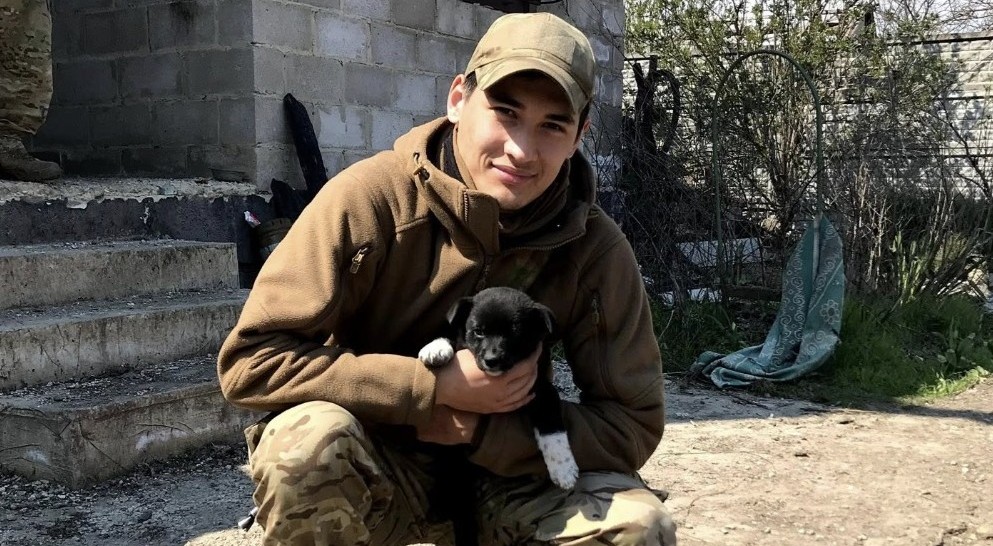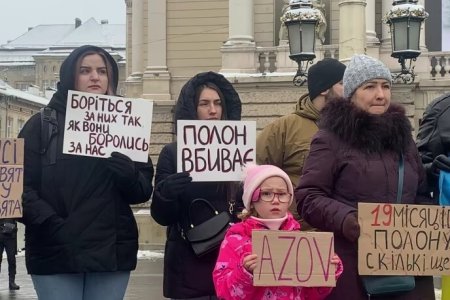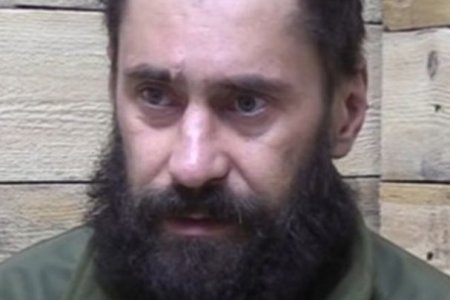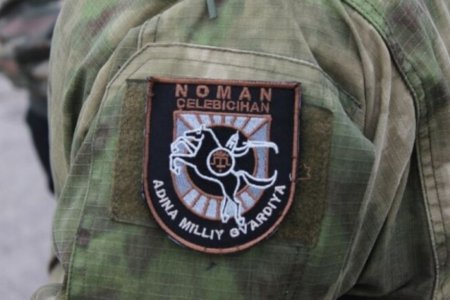
Ihor Kim, a Ukrainian prisoner of war held in Russian captivity since May 2022, at the latest, has been sentenced to 27 years’ maximum-security imprisonment, with Russia claiming that Kim’s defence of his country from an invading army constituted ‘terrorism’. This was the second time that a ‘trial’ has been staged against the same Ukrainian prisoner of war, with an occupation ‘court’ sentencing him on 14 November 2023 to 24 years.
Although reported later, the second sentence was handed down on 26 August 2025 by ‘judge’ Igor Petrovich Degtyaryov [Игорь Петрович Дегтярев] from the Southern District Military Court in Rostov. Even if he thought this was a first ‘trial’, Degtyaryov (b. 1971) can have been in no doubt that the ‘terrorism’ charges were manifestly illegal and that the entire ‘trial’ was in violation of international law. His personal liability is in no way mitigated by the conveyor-belt nature of such ‘trials’ and the fact that the order for such sentences has come ‘from above’.
Ihor Kim (b. 12.04.1999) was charged with ‘involvement in a terrorist organization’, under Article 205.4 § 2 of Russia’s criminal code and with ‘training in terrorist activities’ (Article 205.3). The charges were based solely on the fact that Kim served in the Azov Regiment and that Russia’s supreme court declared this regiment which is part of Ukraine’s Armed Forces to be ‘a terrorist organization’. This extraordinary ruling was without any justification and was widely viewed as a ploy to enable Russia to revenge itself on members of a regiment which defended Mariupol against the Russian attack for so long. The other factor making most of Russia’s ‘terrorism show trials’ of prisoners of war from the Azov Regiment so flagrantly illegal is that the supreme court ruling was from 2 August 2022, long after the defenders of Mariupol were taken prisoner. Russia is not only applying its legislation against Ukrainian prisoners of war illegally, but it is flouting the fundamental principle that the law is not retroactive.
None of this has stopped Russia from churning out huge numbers of such sentences, and it recently also passed a 6-year sentence (thankfully, in absentia) against the Head of the Memorial Support for Political Prisoners Project, Sergei Davidis, for rightly referring to 24 men and women in the first major ‘Azov trial’ as political prisoners.
In Kim’s case, the prosecution claimed that, at the beginning of Russia’s full-scale invasion of Ukraine, Kim had been serving in Mariupol and had directed fire at Russian military and so-called ‘Donetsk people’s republic’ populated areas. Although that was mentioned by the court’s press service, this was one of multiple conveyor-belt ‘trials’ where no actual crime is even claimed to have taken place, with the fact of ‘membership’ of an entity which Russia’s supreme court has, unwarrantedly, labelled ‘terrorist’ enough for a ‘guilty’ verdict.
The claim by the Southern District Military Court’s press service that Kim ‘fully admitted guilt’ could, in principle, mean only that he was, indeed, serving in the Azov Regiment. Unfortunately, it is at least as likely that such a ‘confession’ was extracted through the use of torture.
On 14 November 2023, Russia’s TASS agency reported huge sentences against three Azov defenders, with, seemingly, the same Ihor Kim and Oleksiy Zhernovsky sentenced to 24 years’ maximum-security imprisonment and Hennadiy Kharchenko to 25 years. Kharchenko has since been freed in an exchange of prisoners and writes that both his comrades, Kim, or ‘Tsoi’, and Zhernovsky (‘Admin’) have now been ‘convicted’ and sentenced twice. Yury Shapovalov, Donetsk neuropathologist and blogger, imprisoned in occupied Donbas for eight years, says he met Ihor when the latter was briefly held at the Makiivka prison colony. He calls him “a very optimistic young man” but recalls that he had a wounded leg and was forced to move about on crutches. It is very unlikely that he has ever received proper treatment in Russian captivity.
The sentences on 14 November 2023 were part of a series of ‘trials’ staged against Mariupol defenders, with Russia then using the so-called ‘Donetsk people’s republic high court’ to rubberstamp horrific sentences. There too, the charges were virtually identical in all such occupation court stunts, with the prisoners of war accused by the country which had bombed hospitals, a drama theatre sheltering refugees and residential blocks, of entirely unproven and implausible attacks on civilians. There was never any evidence of an actual trial, with the sentences normally reported post fact, most often with videos on which the prisoners of war were shown ‘confessing’. The ‘trial’ of Kim, Kharchenko and Zhernovsky was no exception, with the men also accused of one of the attacks on the civilian population that the invading army was committing on a daily basis. It was claimed that they had, from 13 to 20 March 2022, shelled civilian infrastructure and residential buildings, with this purported to have been by the decision of the Ukrainian National Guard’s decision “to destroy the civilian population”. There was nothing to back the charges except the videoed ‘confessions’ by Kharchenko and Zhernovsky, both of whom spoke and looked at the interrogator as though they were trying to remember the answers demanded of them. Russia’s widespread use of torture against both Ukrainian prisoners of war and the civilian population have been well-documented by, among others, the Office of the High Commissioner for Human Rights and the UN’s Independent International Commission of Inquiry on Ukraine. The latter first identified Russia’s widespread and systematic use of torture as war crimes; then, in November 2024, it concluded that this was a coordinated state policy, constituting a crime against humanity.



